Spiral Drill Collars
The improvement of drilling efficiency by spiral drill collars is comprehensive and significant, and this advantage is particularly prominent in the actual operating environment. One of the core goals of drilling operations is to increase the mechanical penetration rate and shorten the construction period, and the contribution of spiral drill collars in this regard cannot be ignored. Compared with traditional round drill collars, spiral drill collars achieve higher energy transfer efficiency and more stable drilling pressure maintenance capabilities through their unique design. Actual measurement data from a platform in the South China Sea showed that the use of spiral drill collars increased the drilling speed by 18%. This improvement means a significant shortening of the drilling cycle, thereby reducing the overall operating cost. The efficiency improvement mainly comes from three aspects: optimized cutting energy transfer, reduced drill string weight loss, and improved wellbore cleaning.
Benefits of Spiral Drill Collars
1. Effectively reduce the contact area between the drill collar and the well wall and reduce friction
The traditional bare drill collar is easy to form a large area of contact with the well wall due to its smooth surface, especially in inclined or horizontal wells, it is more likely to "drill stuck". The spiral drill collar significantly reduces the direct contact area between the drill collar and the well wall due to the presence of spiral grooves, thereby effectively reducing friction and improving the smoothness of drilling tools running in and pulling.
2. Improve the circulation of drilling fluid and prevent the accumulation of wellbore debris
The spiral groove can form an annular channel to promote the rotational flow of drilling fluid in the wellbore. This spiral guide flow method is conducive to carrying cuttings upward, reducing the accumulation of sediment at the bottom of the well, maintaining good wellbore cleanliness, and thus reducing the risk of well kicks, stuck drills and other downhole accidents.
3. Reduce the risk of differential pressure drill stuck
Differential pressure drill stuck often occurs in the area where the drill collar is attached to the wall. Due to the pressure difference, the drill tool is "adsorbed" on the well wall, making it impossible to pull up. The spiral drill collar has continuous grooves on its surface, which makes it difficult for the pressure difference to form in a large area, reduces the possibility of forming a local negative pressure zone, and effectively avoids the phenomenon of differential pressure stuck.
4. Enhance the stability of the drill bit and improve the ability to control the direction of drilling
The weight distribution of the spiral drill collar is more uniform, and it can maintain higher wellbore stability during high-speed rotation. At the same time, the weighting effect of the drill collar itself increases the downward pressure on the drill bit, making it more stable during the drilling process and improving the trajectory control accuracy in directional drilling.
5. Improve the quality of the well wall and reduce the risk of well wall instability
Due to the reduction of friction and impact of the drill tool on the well wall, the spiral drill collar is more "soft" during the well wall formation process, especially in shale, siltstone and other formations that are prone to collapse. It helps to maintain the integrity of the wellbore and reduce the risk of well wall peeling and collapse.
6. Applicable to complex well conditions and high-demand operating environments
Whether it is a deep well, inclined well, horizontal well or high temperature and high pressure environment, the spiral drill collar has demonstrated its excellent adaptability. It not only reduces the interference to the well wall, but also can cope with the variable friction conditions of complex formations. It is one of the preferred tools in complex drilling conditions.
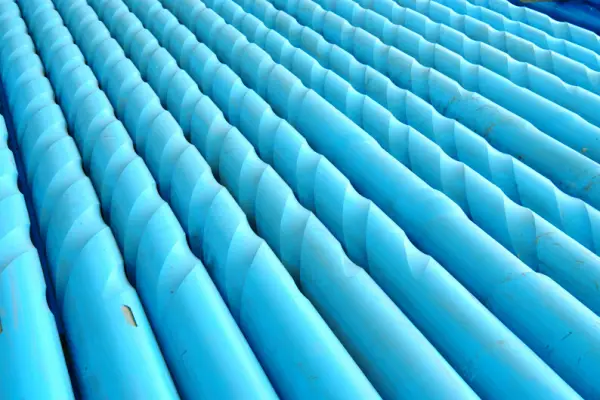
Types of Drill Collars
There are several types of drill collars available, each designed to meet different operational needs:
Slick Drill Collars: These are the standard drill collars without any spiral grooves. They are primarily used in applications where high-pressure balance and resistance to sticking are not critical.
Spiral Drill Collars: As mentioned, these collars are equipped with spiral grooves to improve fluid circulation and reduce friction. They are ideal for challenging drilling conditions.
Non-Magnetic Drill Collars: Made from special alloys, these collars are used in applications where magnetic interference can affect the performance of downhole tools.
The Role of Drill Collars in the Drilling String
Drill collars are an integral part of the drill string, the assembly of tools and pipes that transmits force to the drill bit. They are thick-walled tube-like components that are machined from solid steel bars. Drill collars are designed to provide the necessary weight to keep the drill bit in contact with the rock and ensure efficient drilling.
The design of the drill collar also includes a drilled passage from one end to the other. This passage allows the drilling fluids to be pumped through the collar, maintaining the necessary flow of fluid to cool the drill bit and carry away the cuttings.
Conclusion
In summary, spiral drill collars play a crucial role in modern drilling operations. Their ability to reduce friction, prevent differential pressure sticking, and improve the overall stability of the drill string makes them an essential tool for efficient drilling. Manufactured to the highest standards and made from durable materials, spiral drill collars offer a reliable solution for overcoming the challenges faced in deep and directional drilling. Whether used in hard rock formations or inclined drilling applications, spiral drill collars are designed to optimize drilling performance and extend the lifespan of drilling tools.
By choosing
spiral drill collars, operators can ensure smoother, more efficient
drilling operations with fewer interruptions and greater cost-effectiveness. Their benefits in reducing friction, improving pressure balance, and maintaining drill string stability make them a valuable asset in the drilling industry.








 English
English Español
Español بالعربية
بالعربية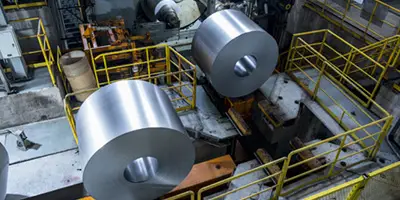

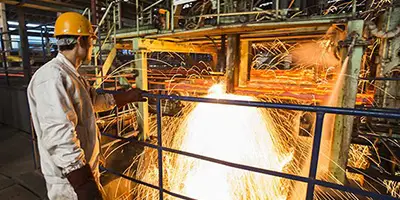
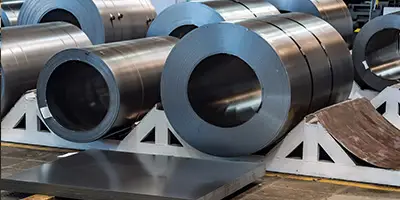

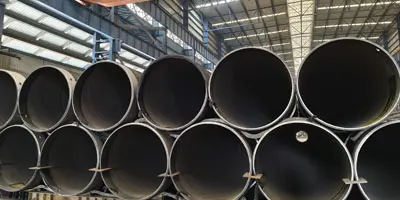
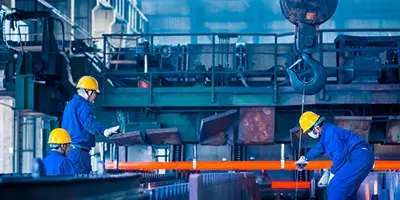
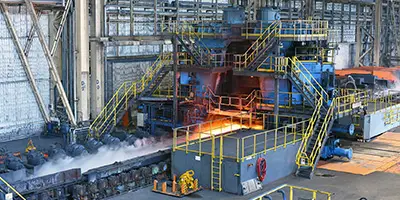
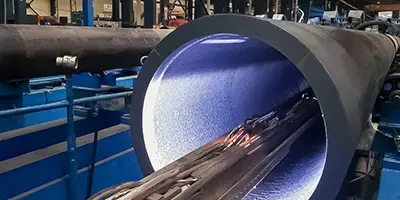
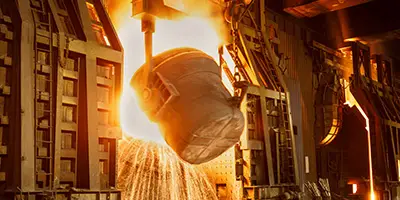


 Phone :
Phone :  Whatsapp :
Whatsapp :  Email :
Email : 


